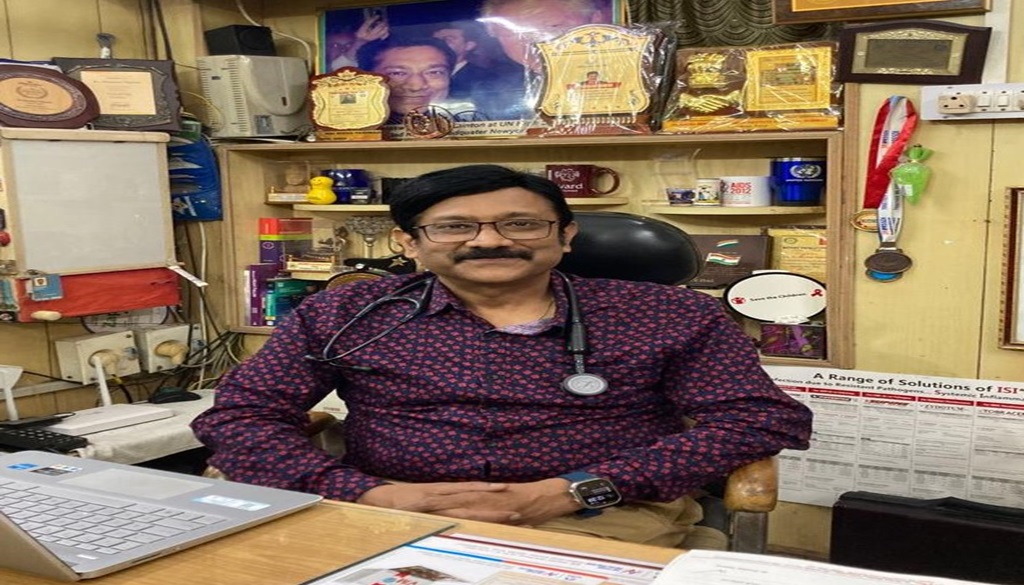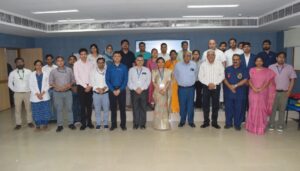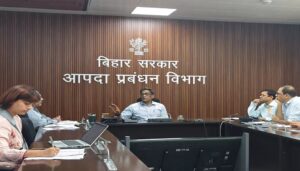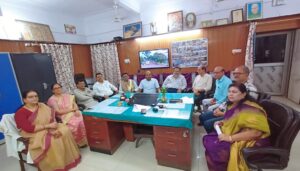World AIDS Day: Dispelling Myths, Raising Awareness, and Advocating Compassion

As the world comes together to observe World AIDS Day on Friday, Patna- based noted physician, Dr. Diwakar Tejaswi, talks to PatnaPress on a range of issues surrounding disease. With a focus on raising awareness, dispelling myths, and promoting compassion, Dr. Tejaswi sheds light on the global impact of HIV/AIDS and the crucial steps needed to combat this ongoing public health challenge.
Q) What is HIV?
Human Immunodeficiency Virus, commonly known as HIV, is an insidious agent with the capacity to compromise the robustness of the immune system upon infiltrating an otherwise healthy individual, thereby categorizing them as HIV positive. The subsequent manifestation of symptoms, encompassing weight loss, persistent fever, debilitating weakness and a lingering cough herald the transition to the formidable stage known as acquired immunodeficiency syndrome (AIDS)
Q) How to control HIV from spreading?
Preventing the spread of HIV involves four key measures. Firstly, abstain from unprotected intercourse. Secondly, ensure licensed blood sources. Thirdly, avoid unsterilized needles in tattoos or medical procedures. Lastly, if a pregnant woman is HIV-positive, a prompt medical consultation is crucial to preventing transmission to her child.
Q) What are the myths related to HIV?
Numerous misconceptions surround HIV, and it is imperative to dispel these fallacies. Firstly, HIV is not a contagious disease transmitted through mere proximity or sitting in close quarters with an infected individual. Additionally, the virus cannot be transmitted via mosquito bites; the insect acting as an intermediary does not facilitate transmission. Moreover, engaging in activities like sharing a swimming pool or dining together poses no risk of HIV transmission. It is crucial to debunk these myths to foster accurate understanding and mitigate unwarranted fears.
Is AIDS non- curable and what is your message for social taboos associated with the disease?
In contemporary times, this ailment is no longer insurmountable. Adequate medical care and facilities exist, ensuring even expectant women can give birth safely with proper healthcare and medication. There is no need for shame or societal estrangement associated with this condition. Embrace openness and seek assistance from available healthcare professionals, and adhere to prescribed medication without interruption.








